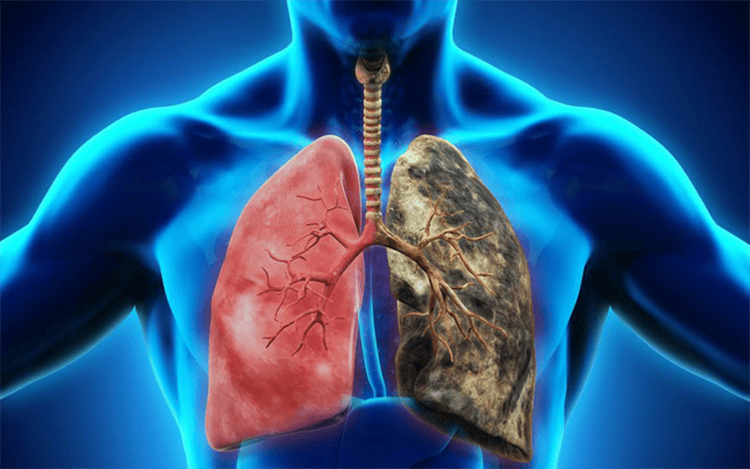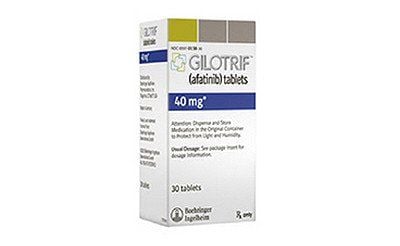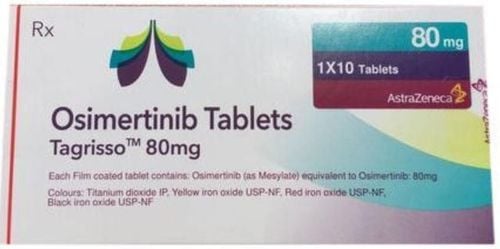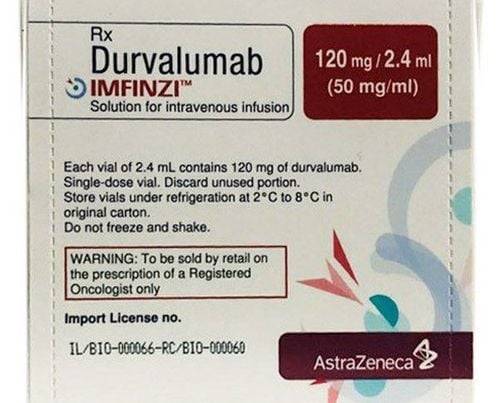This is an automatically translated article.
Lung cancer is a malignant disease of the lungs. Approximately 85%-90% of cases are related to smoking status, including active or passive smoking. That is the reason why lung cancer becomes the most common cancer and has the second highest mortality rate (after liver cancer) in Vietnam. Many cases of lung cancer are found at an advanced stage, but is that the end?Video content is expertly consulted by Dr. Dr. Le Tan Dat, Head of Internal Oncology Unit - Vinmec Central Park International General Hospital
1. Learn about lung cancer and its stage
Lung cancer is divided into two main types, non-small cell lung cancer and small cell lung cancer. Each type is diagnosed with a completely different stage. The decision to choose a treatment depends mainly on the stage of the disease, the type of cancer, the age and other health conditions of the patient.Currently, treatment for lung cancer includes surgery, radiation therapy, chemotherapy, targeted therapy and immunotherapy. Of the two types of lung cancer, non-small cell lung cancer accounts for more than 80% of cases, including adenocarcinoma, squamous cell carcinoma and a small number of large cell cancers. The disease is often insidious and has a poor prognosis. Patients can come to the doctor because of prolonged cough, coughing up blood, shortness of breath, chest pain, bone pain...
And then, more than 50% of cases are already at the metastatic stage, that is, cancer cells. The cancer has spread to the lungs and other organs of the body and the prognosis for these cases has a very low 5-year survival rate, only about 6%.
The goal of treatment for metastatic lung cancer is to relieve symptoms, improve quality of life, slow tumor progression and prolong survival. Prior to the advent of targeted therapy, chemotherapy was the only specific treatment for metastatic disease.

Ung thư phổi và những điều cần biết
2. What is EGFR targeted therapy?
Over the past 30 years, research on genetic profiles in cancer pathology, especially lung cancer, has really "exploded". One of the achievements is the detection of important gene mutations that affect cancer, known as "Driver mutations".Since then, scientists have researched a drug that is able to inhibit the activity of the signaling pathways involved in these gene mutations, preventing cancer cells from growing, promoting the growth of cancer cells. natural cell death.
Treatment using drugs with the above mechanism of action, targeting molecular targets is called targeted therapy.
For lung cancer, the Epidermal growth factor receptor (EGFR) was the first approved therapeutic target and is still being studied to this day.
EGFR mutations are the most common gene mutations in lung cancer patients, especially in Asian populations, female patients, non-smokers and lung cancer cells of adenocarcinoma . According to a study in Vietnam, for every 100 lung cancer patients, about 60 people carry mutations in the EGFR gene.
When an EGFR mutation occurs, this tyrosine kinase on the EGFR receptor is itself capable of activating the intracellular pathway without the need for EGF binding, leading to a disorganized proliferation of cells cancer cell .
3. How effective are EGFR-targeted drugs in patients with metastatic lung cancer?
Drugs that target EGFR are tyrosine kinase inhibitors on the EGFR receptor (EGFR-TKI), which help prevent tumor growth. Depending on the condition of each patient, the doctor will decide which class of drugs to target EGFR, because each generation of drugs will have different effects such as: improving quality of life, increasing the rate of treatment. tumor response, prolonging the time the disease does not progress.When the tumor cell sample or the patient's blood sample is tested for the presence of the EGFR gene mutation, the use of this group of drugs will be effective for the patient. However, not all lung cancers can be treated with drugs that target EGFR. For those who do not carry EGFR mutations, we can search for other types of gene mutations such as ALK, ROS1, BRAF, MET, RET. If these gene mutations are present, the patient can use targeted drugs depending on the type of mutation.
Lung cancer has more bright hopes in treatment along with the development of medicine. However, staying away from tobacco, and screening for early detection of cancer is still the most basic thing to help us conquer the disease.
Currently, Vinmec International General Hospital has performed lung cancer treatment and conducted lung cancer screening with many outstanding advantages such as: Team of highly qualified and experienced doctors; Having a full range of specialized facilities for diagnosis and staging before treatment: Endoscopy, CT scan, PET-CT scan, MRI, histopathological diagnosis, genetic - cytological testing... Having a full range of mainstream cancer treatment methods: surgery, radiation therapy, chemotherapy, stem cell transplant.... will help customers screen the disease effectively and have timely treatment if detected. present illness.














